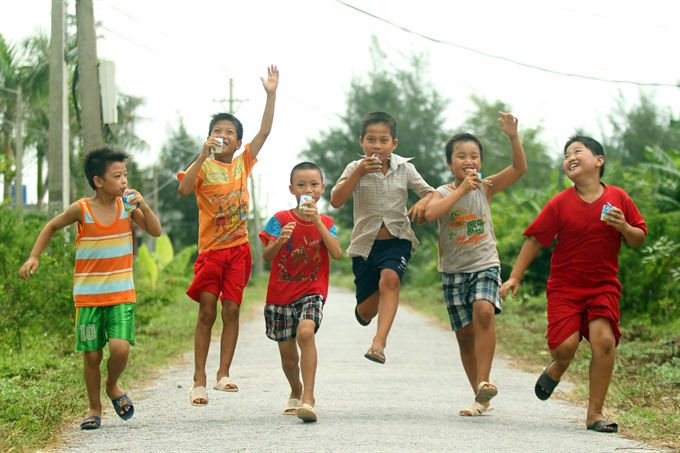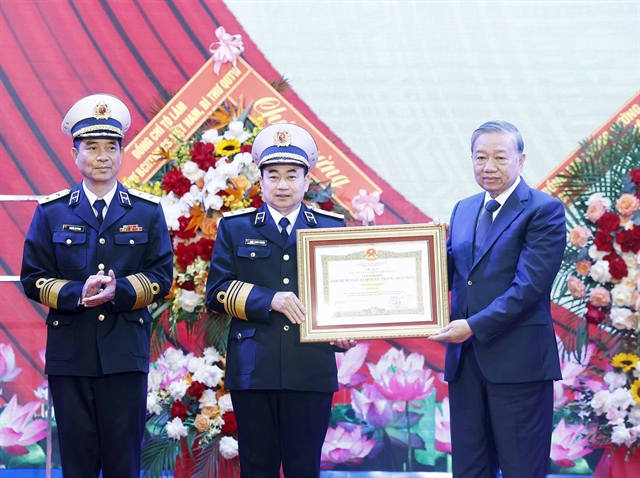 bizhub
bizhub

Global dairy company Royal FrieslandCampina will carry out the second Southeast Asia Nutrition Survey (SEANUTS II) in collaboration with reputed research institutes and universities.
 |
| Royal FrieslandCampina, a global dairy company, and reputed research institutes and universities will carry out the second Southeast Asia Nutrition Survey (SEANUTS II). — Photo Courtesy of FrieslandCampina Việt Nam |
HCM CITY — Global dairy company Royal FrieslandCampina will carry out the second Southeast Asia Nutrition Survey (SEANUTS II) in collaboration with reputed research institutes and universities.
The survey will study the nutritional status of 18,000 children in Indonesia, Việt Nam, Thailand and Malaysia.
Information will be gathered on growth, dietary intake, physical activity and biochemical parameters of children aged six months to 12 years.
Due to the extent and severity of malnutrition in the region, the survey will place extra focus on gaining insights into protein consumption and nutrition. Protein is a critical building block for children’s growth and development.
In Việt Nam, the survey will be performed by the National Institute of Nutrition in co-operation with FrieslandCampina.
The study results are expected to be released in 2021 and will be used to develop country-specific interventions, strengthen scientific knowledge and support government policymaking.
The director of the institute, Lê Danh Tuyên, said: “The first edition of SEANUTS revealed that many children in Việt Nam and the other countries suffer from the triple burden of malnutriton, overweight and obesity, and micronutrient deficiency. This second edition will focus more on protein quantity and quality to gain more in-depth insight on its possible role related to this problem.”
Berndt Kodden, president, specialised nutrition, at Royal FrieslandCampina, said: “Good nutrition is a crucial factor in the growth, health and development of children. It is acknowledged that many children world-wide have dietary imbalances resulting in over or under nutrition.
“This survey will give us the knowledge about the gaps in nutritional needs of these children and further develop dairy products and lifestyle programmes that are tailored for their special nutritional needs.” — VNS




